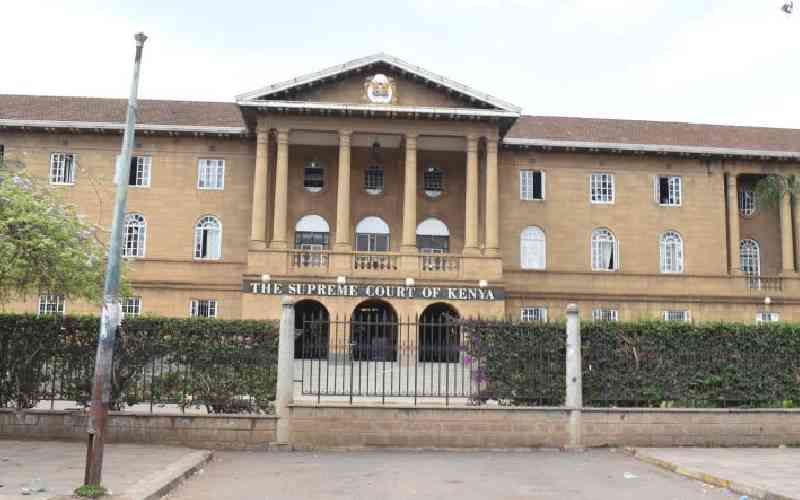
The sufficiently celebrated Constitution of Kenya, 2010, clads our honourable judiciary with the exclusive mandate of dispensing justice with respect to conflicts arising in our country. This one plus one equation then equals the logical connotation that what the Judiciary finds to be the legally correct position on a particular matter is what will carry the day until either a court of higher jurisdiction holds to the contrary and, failing such, when our Lord and Saviour returns.
What the Constitution did not foresee, however, is that in this Republic, the truth is very much malleable to the biases and preferences of whoever holds the sceptre in any given five-year term. Judicial power in Kenya has become dependent on its capacity to advance the interests of the Executive, which if met with a defiant bench, simply disregards court decrees.